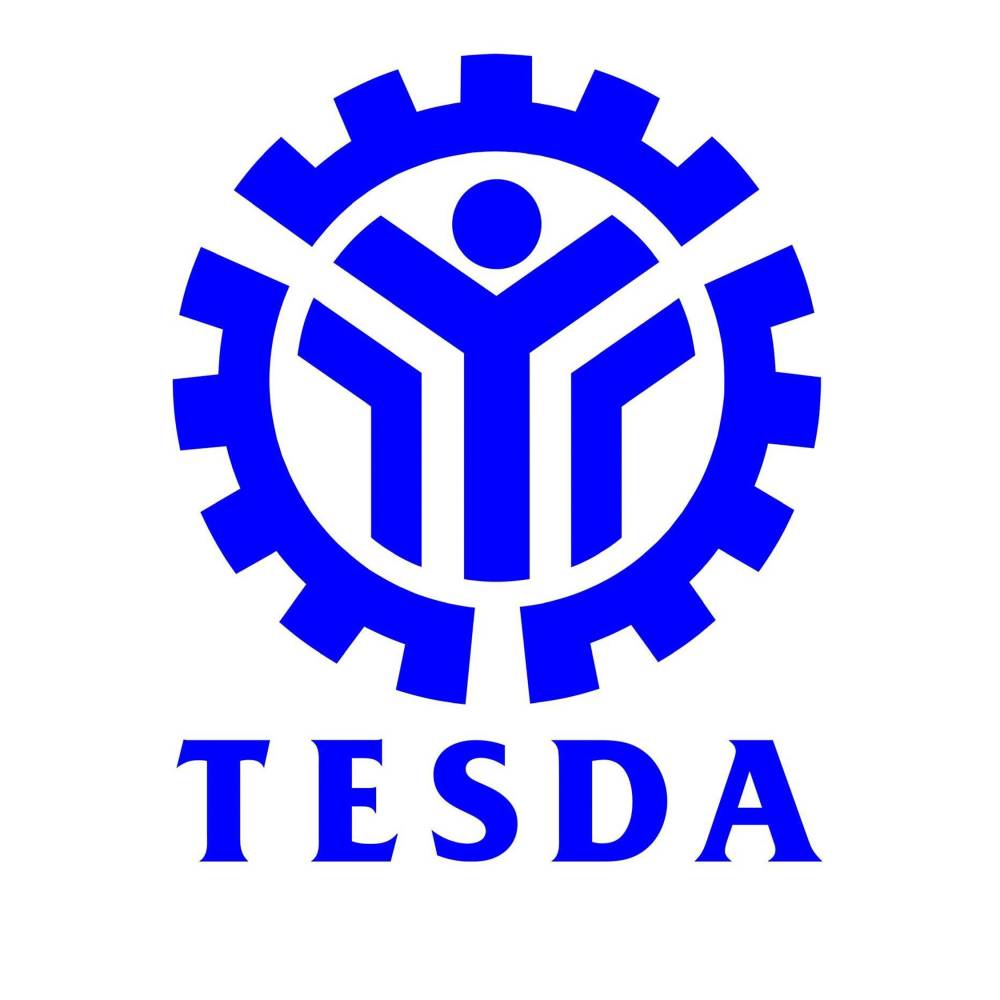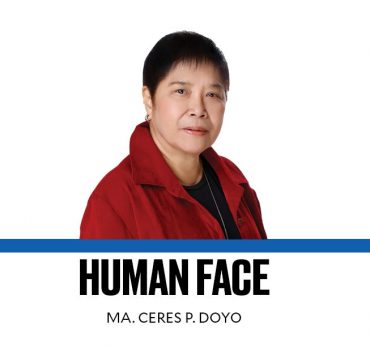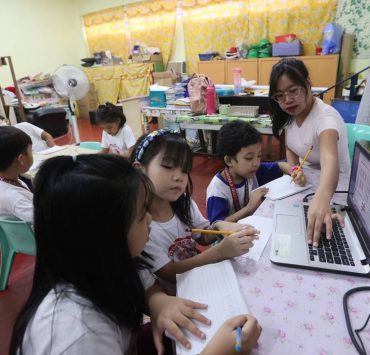Securing jobs through industry-led training

In 2010, then President Benigno Aquino III appointed us to lead Technical Education and Skills Development Authority (Tesda). We immediately launched the “Real Deal” program, which centered on actively engaging industries in Technical-Vocational Education and Training.
This strategy resulted to over 600 partnership agreements with employers for the development of training regulations and implementation of training for work scholarship program or TWSP.
Engaging with industries proved to be a pivotal decision. The partnerships we cultivated delivered remarkable outcomes—we saw a significant increase in the absorption rate of tech-voc graduates, soaring from 28.5 percent in 2010 to more than 97 percent by the end of our term in 2015, particularly with our partnerships with the Information Technology and Business Process Management and the Semiconductor and Electronics Industries in the Philippines Foundation, Inc.
But the real evidence of success is the transformation in the lives of tech-voc graduates because of industry-led training that gave them confidence to face the world of work.
Take Mark Joseph Escora, a polio survivor from Bacolod City, who worked as a jeepney barker but successfully completed a 100-hour finishing course for call center agents at the Negros Occidental Language and Information Technology Center. This school collaborates with business process outsourcing in Negros Occidental. This “micro-credential” jumpstarted Escora’s career as a call center agent at PanAsiatic Solutions.
Then there is Dave Lawrence Pacanza of Calamba, Laguna, who was a Don Bosco scholar for a 10-month automotive mechanics course. Recognizing that his skills aligned with the industry’s needs, Porsche brought him on board for a service mechatronics course at PGA Cars in Mandaluyong, which paved the way for Pacanza to secure a job at the Porsche Center in Abu Dhabi.
Recent studies show that in-company training and learnership boasted the highest employment rates for tech-voc graduates, ranging from 86.26 percent to 91.14 percent. The dual training system even achieved a perfect 100 percent employment rate in 2021.
Enterprise-based education and training (EBET) programs offer Filipinos a chance to gain job-ready skills through hands-on experience. While EBET has been a game-changer in securing employment, EBET graduates constitute only 3.9 percent of all graduates across different training modalities.
Additionally, the number of EBET providers is declining, dropping from 983 in 2019 to just 730 by the end of 2023.
The question arises: Why is a highly effective job-generating modality like EBET the least preferred by employers and yields fewer graduates? The answer lies in the complexity of the current system.
EBET programs are governed by various rules and regulations: the labor code for apprenticeship and learnership, the Dual Training System Act for dual training, and different Tesda circulars for in-company training and other EBET forms.
The processes to obtain incentives required by law for those implementing EBET Programs are convoluted, vague, and lack clarity. According to Tesda records, no enterprise has taken advantage of the incentives due to companies’ reluctance to navigate the rigorous documentation process required by the Bureau of Internal Revenue.
Together with our fellow Second Congressional Commission on Education (EdCom II) commissioners and the members of the Standing Committee on Technical-Vocational Education and Training and Lifelong Learning, we are committed to addressing this pressing issue through Senate Bill No. 2587, also known as the Enterprise-Based Education and Training (EBET) Framework Act.
We strongly believe that simplifying the framework of all EBET programs is key not only in broadening enterprise participation but also in facilitating their access to incentives such as the additional deduction from taxable income equivalent to 75 percent of the training expenses incurred.
Our proposed legislation which is also a priority measure of the Marcos administration, likewise seeks to empower Tesda. As your “Tesdaman,” we advocate for Tesda to assume a central role in shaping and overseeing EBET programs. At the same time, we aim to deepen the involvement of private companies in addressing job-skills mismatch by engaging them in setting competency standards and qualifications.
If the unified framework envisioned by EdCom II becomes a reality, we can ensure that the Filipino workforce remains employable, providing them with career progression opportunities through the Philippine Qualifications Framework.
Alongside our other legislative initiatives such as the Tulong-Trabaho Act and Trabaho Para sa Bayan Act, we aim to supply enterprises with skilled individuals prepared to meet market challenges, including those posed by artificial intelligence.
Outside the classroom walls, a wealth of learning opportunities awaits the Filipino youth. It is our responsibility to facilitate their access to diverse avenues for learning.
—————-
Senator Joel Villanueva is the author of Senate Bill No. 2587, and the co-chair of the Standing Committee on Technical Vocational Education and Training and Lifelong Learning of the Second Congressional Commission on Education (EdCom II).

















